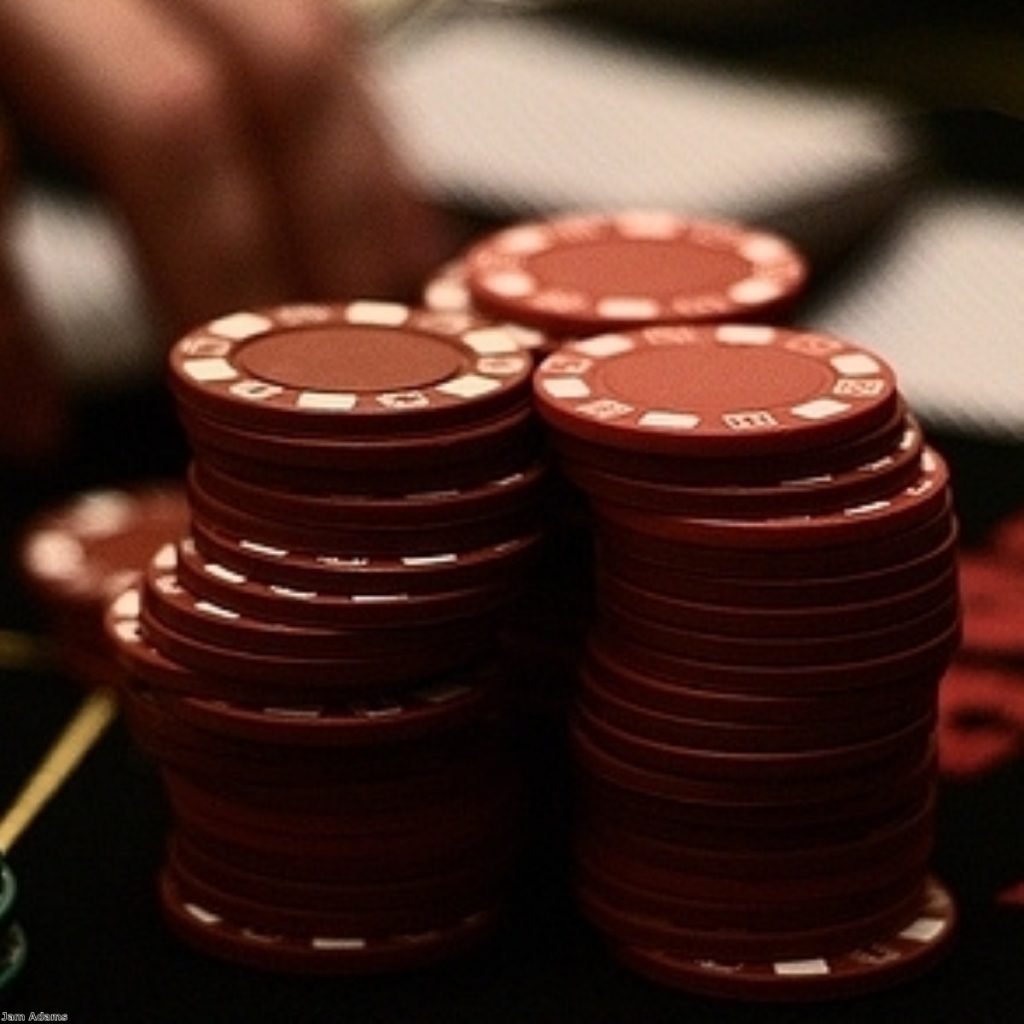Analysis: The great debate gamble
Gordon Brown’s decision to agree to a TV leaders’ debate could be the best – or worst – move of his political career.
The consensus at the moment probably runs in favour of No 10. Given Brown’s stirring performances at recent prime minister’s questions sessions in the Commons it’s easy to see why his advisers told him to go for it.
Cameron has looked weak and lacklustre compared to Brown, who after two years of ineffective karate chopping has finally managed to muster up something of his old clunking fist.


If Brown can translate his PMQs victories into a stirring and passionate performance in front of the studio cameras the underdog could yet come out on top on polling day.
But there are also huge risks for the prime minister and his team.
The biggest difference, of course, is the pressure of the cameras. His Commons successes have been built on the vocal encouragement of the Labour backbenches.
There won’t be 350 loudmouthed elected representatives standing behind Brown (although discussions aren’t over yet and anything’s possible). In all likelihood the prime minister will have to accept the loneliness of the podium.
Unfortunately he tends to stiffen up when under the spotlight. Have a look back at his last two conference speeches if you have any doubts about that. The prime minister’s longstanding charmless man syndrome could yet ruin his election debate opportunity.
On the same logic David Cameron’s prospects seem rosy. He is the JFK to Brown’s Nixon – younger, more confident, even suave.
Yet he does not enter the general election campaign expecting to win Britain’s heart in the way Tony Blair did in 1997.
That lack of a love affair between the leader of the opposition and the country feels like the biggest difference between 1997 and 2010. A ComRes poll out today found just 45 per cent thought Cameron’s Conservatives were more appealing than Labour. Forty-nine per cent disagreed. After four years in charge, we’re not won over just yet.
What of Nick Clegg? Simply being allowed to participate is a glittering triumph for the Liberal Democrats, whose third-party status has bedevilled them for years. Now on the inside, the party has been quick to snub its collective noses at the SNP and Plaid Cymru.
Clegg has the chance to have his electoral cake and eat it too. He is part of the establishment, which gives him the platform to point his fingers at Brown and Cameron and say: ‘We’re not the establishment!’ Going mano e mano (e mano), the two heavyweights will find it much harder to belittle the Lib Dem view.
All three face risks as well as opportunities in this trio of debating clashes. Excessive salivations of excitement might be misplaced, for as in the US careful negotiations between the parties on the format and topics to be discussed will seek to minimise the potential for catastrophe.
But, as with all other TV reality shows, the odds of someone coming a cropper will be high.
We should learn the lessons of other countries’ political debates: the loser usually makes more mistakes than the winner. It’s what makes the prospect so enthralling.









